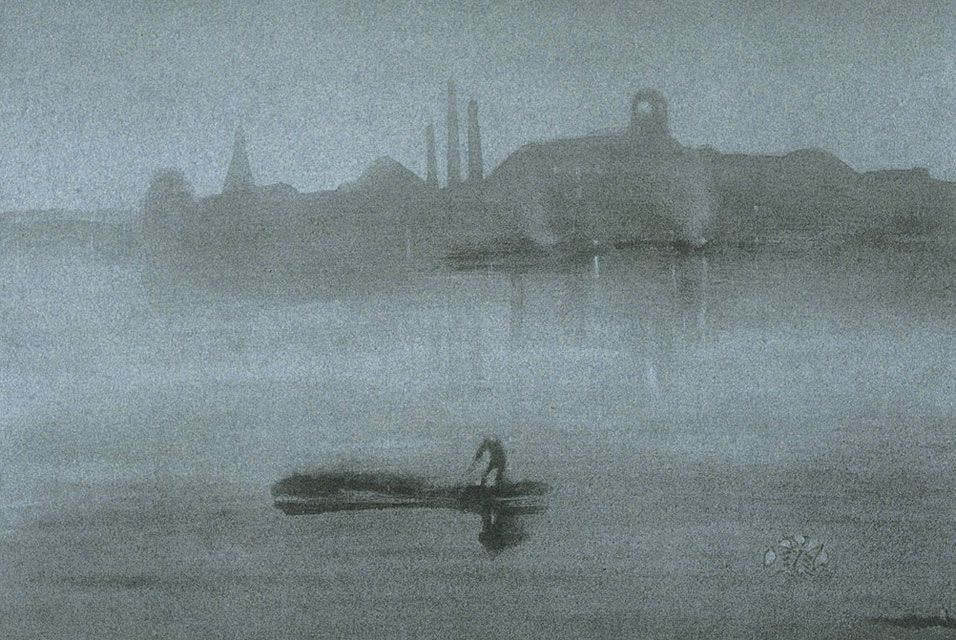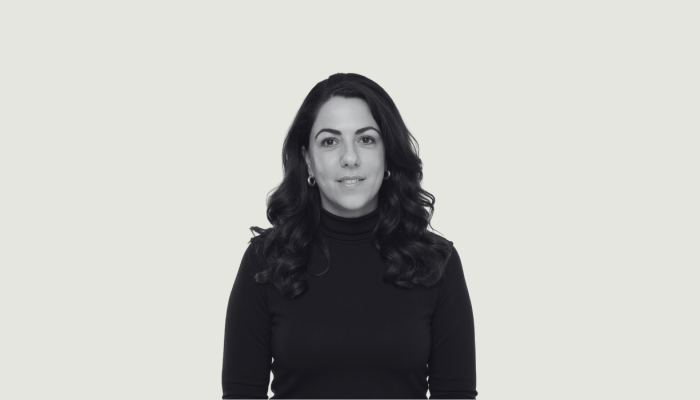I recently attended the ‘Impressionists in London’ exhibition at Tate Britain (until 7 May).
The show brings together works by French artists who escaped to the British capital in the wake of the Franco-Prussian war of 1870-71 and the strife that subsequently gripped Paris.
It’s compelling to see how fresh eyes regarded London’s crowded shopping arcades and the quiet streets of its suburbs; how they perceived England’s social stratification, eccentric fashions and enthusiasm for sport. The emigres were, for example, quite taken with the spacious green parks they found here, and the fact that people were allowed to walk on the grass.
They were also drawn to the Thames: to its disordered shipping, dubious community and atmospheric effects. The exhibition climaxes with a marvellous collection of paintings by Claude Monet of the Houses of Parliament shrouded in fog.
‘What I like most of all in London is the fog. How could English painters of the nineteenth century have painted its houses brick by brick? Those fellows painted bricks they didn’t see, bricks they could not see. It’s the fog that gives London its marvellous breadth.’
- Claude Monet
This fascination with London’s fog was shared by another expatriate painter, the American James Whistler.

And it was Whistler that Oscar Wilde credited with ‘the invention of fogs.’
‘Where, if not from the Impressionists, do we get those wonderful brown fogs that come creeping down our streets, blurring the gas lamps and changing the houses into monstrous shadows? To whom, if not to them and their master, do we owe the lovely silver mists that brood over our river, and turn to faint forms of fading grace curved bridge and swaying barge? The extraordinary change that has taken place in the climate of London during the last ten years is entirely due to a particular school of art. At present people see fogs, not because they are fogs, but because poets and painters have taught them the mysterious loveliness of such effects.’
- Oscar Wilde, ‘The Decay of Lying’
I was particularly taken with this thought: that Londoners had not really paid much attention to the fog that enveloped them; that when they looked about them, they observed the same streets that had always been there. They could not see the fog for the buildings; the wood for the trees. I like the idea that it took outsiders to see the obvious; that without their vision fog didn’t really exist; that sometimes only people with a particular gift of perception can recognize the truth.
Social change is all around us, hiding in plain sight. It’s in the behaviour of the outliers, the beliefs of eccentrics, the attitudes of the young. It’s in nuance and gesture; language and slang. It’s in unforeseen consequences and unrealised dreams.
Often social change lacks a name or a description. It’s there nonetheless for all to see. For the most part we look past it and through it at the structures and conventions of the past. We look, but don’t see.
So don’t wait to read about behavioural trends and cultural transformation in an industry publication, conference or blog. Don’t just adopt the tired labels and classifications of others. Don’t follow the crowd into clichéd observations about content-curating cryptocurrencies and machine-learning millennials; about authentic algorithms and scalable safe spaces.
Don’t just look at the world around you. See it.
This article originally appeared on jimcarollsblog.com



